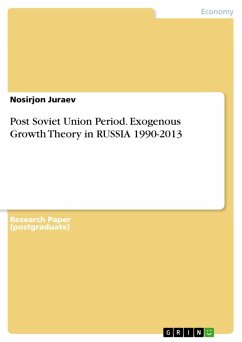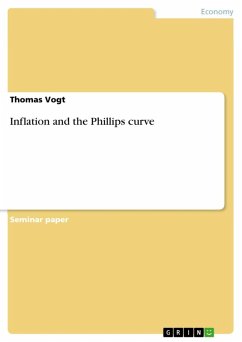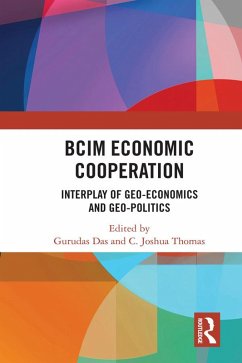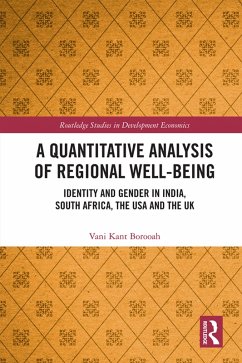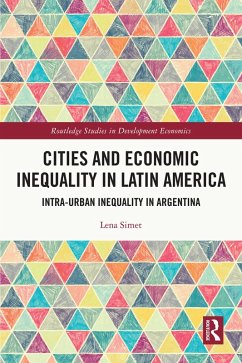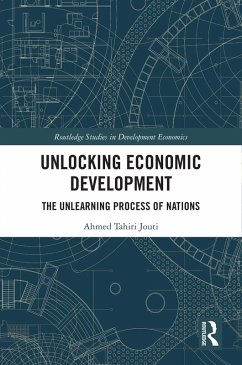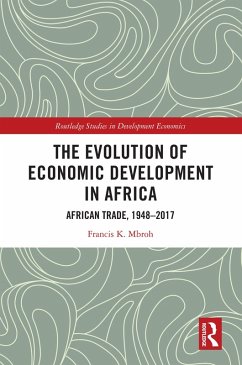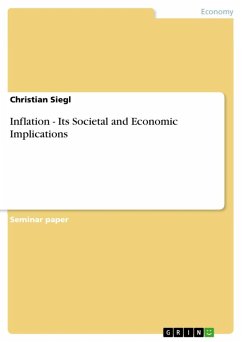
Inflation - Its Societal and Economic Implications (eBook, ePUB)
Versandkostenfrei!
Sofort per Download lieferbar
Statt: 17,95 €**
15,99 €
inkl. MwSt. und vom Verlag festgesetzt.
**Preis der gedruckten Ausgabe (Broschiertes Buch)
Alle Infos zum eBook verschenkenWeitere Ausgaben:

PAYBACK Punkte
0 °P sammeln!
Seminar paper from the year 2009 in the subject Economics - Economic Cycle and Growth, grade: 1,3, University of Applied Sciences Hof, language: English, abstract: The understanding of the cause and effects of inflation is crucial to understanding its impact on society throughout history. Inflation was a main cause for empires to fall. By lowering the metal content of the coin or nowadays with the issuance of an ever increasing amount of "paper currencies" backed by "nothing", a debasement of the currency was and is a direct consequence. With the debasement of the currency, people are deprived...
Seminar paper from the year 2009 in the subject Economics - Economic Cycle and Growth, grade: 1,3, University of Applied Sciences Hof, language: English, abstract: The understanding of the cause and effects of inflation is crucial to understanding its impact on society throughout history. Inflation was a main cause for empires to fall. By lowering the metal content of the coin or nowadays with the issuance of an ever increasing amount of "paper currencies" backed by "nothing", a debasement of the currency was and is a direct consequence. With the debasement of the currency, people are deprived of the purchasing power of the currency. Before we look at the ramifications of inflation, a correct and distinct definition of the term inflation is required. The word inflation is derived from the Latin "inflare" and means to increase or to balloon.1 In this context it relates to the increase of money supply by continuing government issue of currency. Up until the 1940s the term inflation only referred to an increase in the money supply beyond the increase in goods and services during a given period of time.2 By this definition, the cause of inflation is easy to determine; namely the institution issuing the currency. From the 1940s through to the present day, the prevailing definition of inflation significantly varies from the historic definition. The standard definition of inflation today adopted by economists and the mainstream press is that inflation is an increase in prices. This change of the meaning of the term inflation is by no means harmless since it paved the way towards inflationism. As we will see later on in this study, inflation has been prevailing in the industrialized countries since World War I and has been exacerbated by the complete demonetisation of gold in 1971 as President Nixon closed the "Gold window". By focusing on the term inflation I will rely on the historic and the Austrian economic definition due to its longer period in use and its higher accuracy. The modern definition of inflation as simply rising prices looks more at the symptoms of monetary inflation and not at the cause. An understanding of the real cause of inflation is vital to an understanding of fixing it once it reappears.
Dieser Download kann aus rechtlichen Gründen nur mit Rechnungsadresse in A, B, BG, CY, CZ, D, DK, EW, E, FIN, F, GR, HR, H, IRL, I, LT, L, LR, M, NL, PL, P, R, S, SLO, SK ausgeliefert werden.




